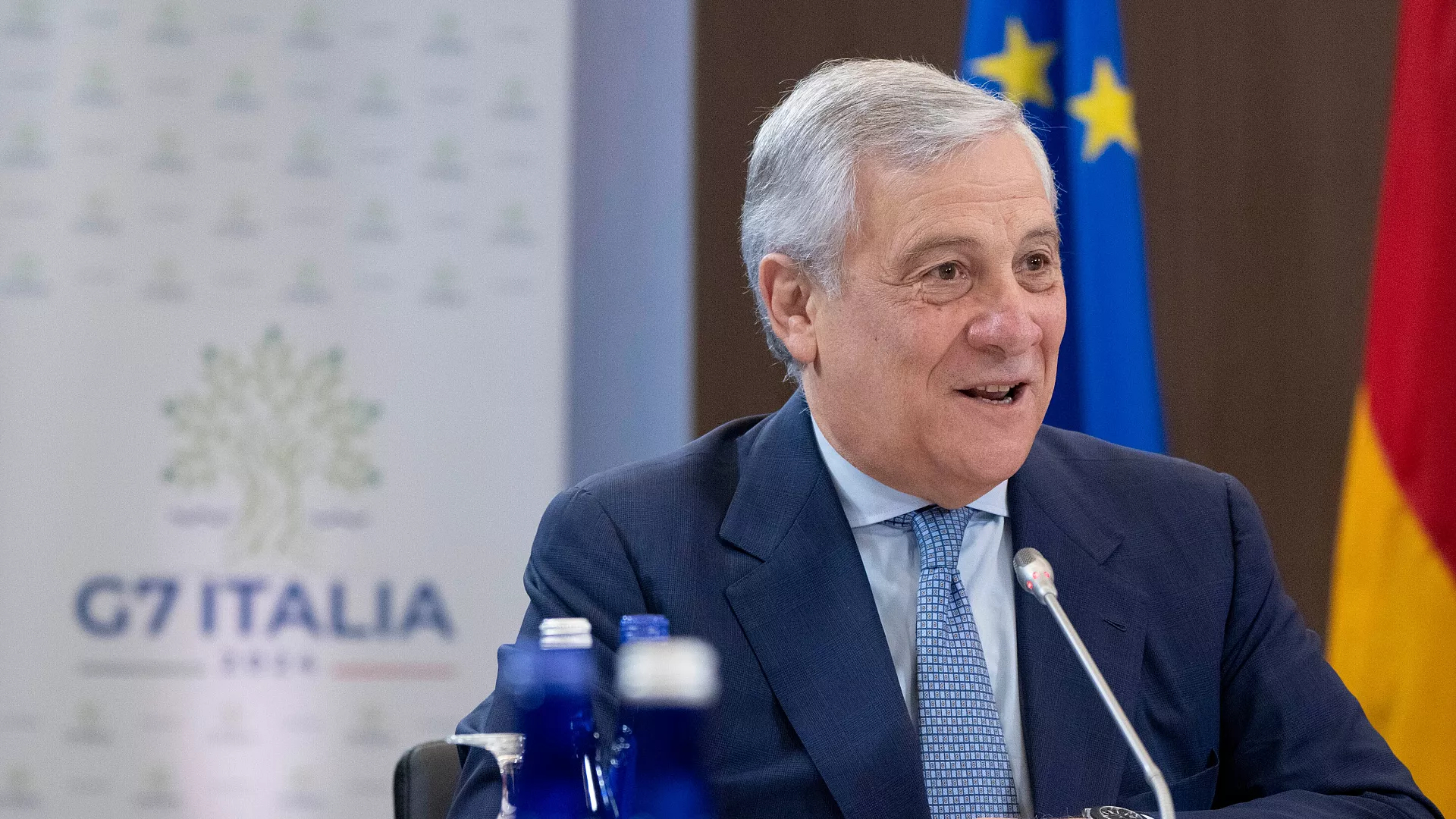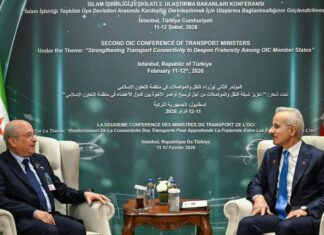
Several European Union (EU) member states are advocating for a “re-evaluation” of the bloc’s stance toward the Assad regime, a move that has ignited a debate over justice, accountability, and the future of EU foreign policy.
During a recent meeting of EU foreign ministers, eight countries, including Italy and Austria, proposed a “more active, results-oriented, and pragmatic policy in Syria.” They argued that the current EU policy has failed to adapt to the changing dynamics in the region, particularly since 2017, citing the ongoing Russian invasion of Ukraine and normalization efforts by Arab states.
In a letter to Josep Borrell, the EU’s top diplomat, the foreign ministers from Austria, Croatia, Cyprus, the Czech Republic, Greece, Italy, Slovakia, and Slovenia emphasized the need for increased political influence and more effective humanitarian aid. They suggested appointing an EU envoy to Syria and re-engaging with the Assad regime’s ambassador to the EU in Brussels. Furthermore, they raised concerns about the unintended negative effects of EU sanctions on the Syrian population due to “over-compliance in the banking system.”
Despite these calls for re-engagement, the majority of EU member states and the official EU policy remain firmly opposed to normalizing relations with the Assad regime. The EU has maintained sanctions against the regime since 2011, targeting individuals and entities linked to human rights abuses and war crimes. These measures were recently extended until June 2025.
Italy’s decision to appoint an ambassador to Syria marks a significant shift. Foreign Minister Antonio Tajani announced that Stefano Ravanian would take office soon, making Italy the first G7 country to resume diplomatic missions in Syria since 2011. Tajani described the appointment as a move to “shed light” on the country’s situation, aligning with the letter sent to Borrell, which highlighted the worsening humanitarian crisis and economic ruin of Syria.
However, this move has been met with criticism. Syrian specialist Charles Lister, commenting on the situation, stated, “Italy says it’s re-engaging Assad to ‘shine a spotlight’ on Syria … How about shining a spotlight on the fact that we have more evidence of Assad’s war crimes than brought against Hitler and the Nazis at Nuremberg?”
Efforts by countries like Turkey and the Arab League to normalize relations with Assad have also drawn criticism for undermining justice and accountability. These actions are seen as attempts to mainstream normalization with a regime accused of significant human rights violations. Critics argue that such moves could weaken international efforts to hold the Assad regime accountable for its actions and potentially embolden other regimes with poor human rights records.
The EU’s steadfast stance against normalization is rooted in its commitment to justice and accountability. The bloc has consistently condemned the Assad regime’s actions over the past 13 years, during which the Syrian revolution has seen widespread violence and human rights abuses. EU sanctions, which include asset freezes and travel bans, aim to pressure the regime to cease its violations and engage in meaningful political transition. As the debate continues, the EU faces the challenge of balancing pragmatic policy adjustments with its long-standing principles of justice and human rights.








